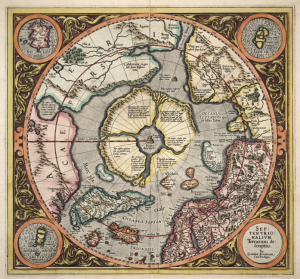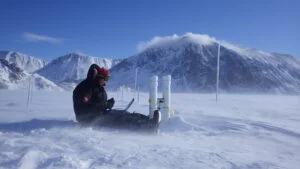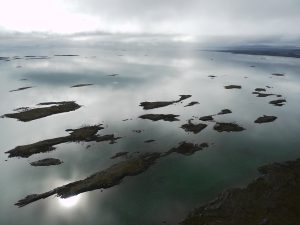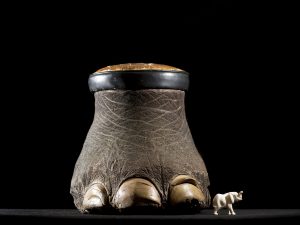It’s generally accepted that if temperatures get cold enough, water freezes. But in Nunavut’s far north, nature is challenging that convention. Wayne Pollard, a geography professor at Montreal’s McGill University, studies the cold-water springs found on the territory’s Axel Heiberg Island, where water flows up through frozen ground and lies in pools where one would expect to see solid ice.
The springs are highly saline, which significantly lowers their freezing point, so they flow year-round. Pollard says their unique mineralogy could help solve a Mars mystery: whether water could exist on the red planet.
Mars is cold, with an average annual temperature of about -50 C and extremes that can dip to -153 C. Some evidence suggests, however, that Mars was once warmer and wetter — more like Earth’s polar regions today. Over the past year NASA’s Curiosity rover has confirmed various scientific suspicions, such as the presence of gypsum, a mineral left behind when something — perhaps an ancient ocean — dried up.
Based out of the McGill Arctic Research Station (abbreviated MARS, appropriately) Pollard treks out for days at a time in the Arctic winter to collect data from the springs, working in temperatures that freeze tent nylon to the breaking point.
Armed with more specific data (like the gypsum info), Pollard can start to dig further into how the springs function, and look at any possible similarities to the situation on Mars. For instance, the springs are host to hardy microbes known as extremophiles, and further study could provide clues to the possibility of life (either past, dormant or existing) on Mars.
As with the underground activity of these northern springs, however, a lot remains unknown. Pollard’s research aims to change that.
This is the first in a continuing blog series on polar issues and research presented by
Canadian Geographic in partnership with the Canadian Polar Commission. The polar blog will appear online every two weeks, and select blog posts will be featured in upcoming issues. For more information on the Canadian Polar Commission, visit
polarcom.gc.ca.







